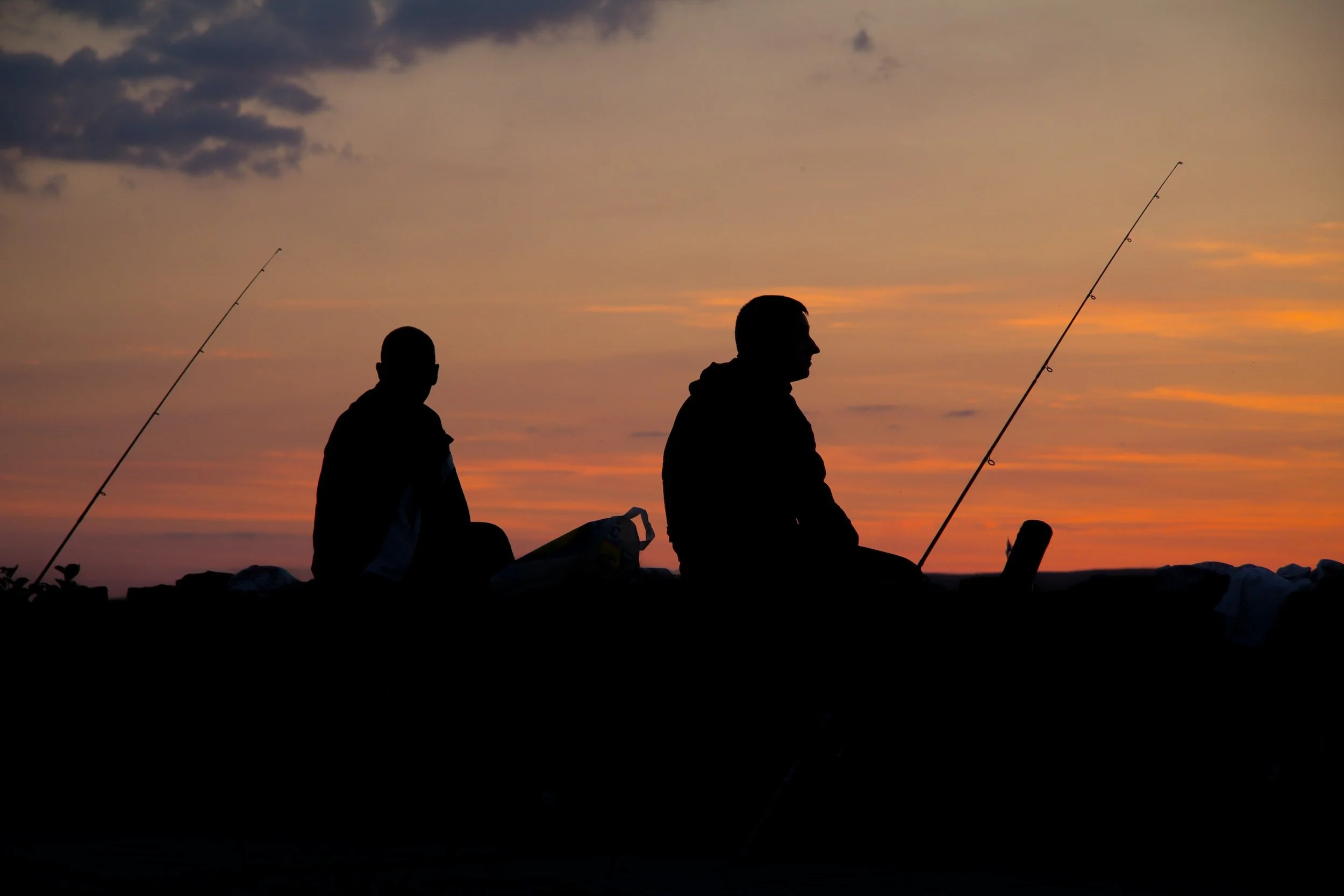Lessons Learned at an Alaska Fishing Camp
Looking back at the articles I've written for the Forge, I'm finding a consistent thread: a desire to communicate the gospel to non-believers. To be sure, I'm still not very good at it, but I try. And I want the church to have that same desire. Isn't evangelism one of the purposes and mission of God's people?
So here again is another story of evangelism.
For several years now, I've been fishing at an Alaska fishing camp in southwest Alaska. The camp is remote and the river we fish empties into the Bering Sea. It boasts a strong run of silver salmon, eager to bite our flies.
And over the years, I've made friendships with fellow anglers from around the world, most of whom do not share my faith in Jesus. The camp is small: only six anglers per week, two guides, and one cook. The camp has a hot shower, warm sleeping quarters, but (thankfully) no internet. There's abundant wildlife including Alaska brown bears, wolves, caribou, moose, fox, otters, along with a myriad of bird life such as Arctic swan, sandhill cranes, and all kinds of gulls, geese, and ducks.
And of course, fish in the stream. All five species of Pacific salmon make their appearance during the season as well as migratory steelhead in the fall. The river also has a good population of resident rainbow trout and Dolly Varden trout.
Basically, the camp schedule is fish, eat, sleep. The inbetween times allow anglers to talk fishing and hang out. It's a tight knit community for the week we fish.
Here's one lesson I've learned at camp: when I take a genuine interest in other people's lives, opportunities for deeper, spiritual conversations often take place because trust is built.
Philippians 2:3-4 in the ESV says this: "Do nothing from selfish ambition or conceit, but in humility count others more significant than yourselves. Let each of you look not only to his own interests, but also to the interests of others."
When Christians experience the freedom and security as a child of God, they are freed up to genuinely be concerned for others.
For example, people in our group have confided in me about their interpersonal relationships, health issues, and grief over losing a spouse. I've followed up months later to hear of any progress or updates.
Someone once said, "People don't care how much you know until they know how much you care."
I hope my actions and words among this tight knit group continue to foster trust leading to significant conversations about things that matter.
The other lesson I learned at camp is to be ready to respond to any questions people may have about the Bible, Jesus, and related issues.
For example, at our final camp breakfast the subject of gender identity came up. I responded by saying that there is a deeper identity that comes from God. The phrase "image bearers" captures this well (Gen.1:26). I also said that God determines our gender, male and female (Gen.1:27). It's not a human construct or something we choose. I also said because of this, I accept people where they are, but I don't condone all they say or believe (Romans 15:7).
To my surprise (though I tried not to show it!), someone in the group said their wife considered herself bisexual. She had grown up in a religious home but no longer believed in what she had been taught.
Again, I responded that there is a deeper identity than that of gender. God forms and fashions us in his image and likeness. I ended the conversation saying Jesus loves us so much, he died on the cross for our sins (Romans 5:8). He wants to restore our relationship with God.
I don't know if there will be future discussions on substantive matters with these friends. But I do know that a relational foundation has been laid for conversations on things that matter.
